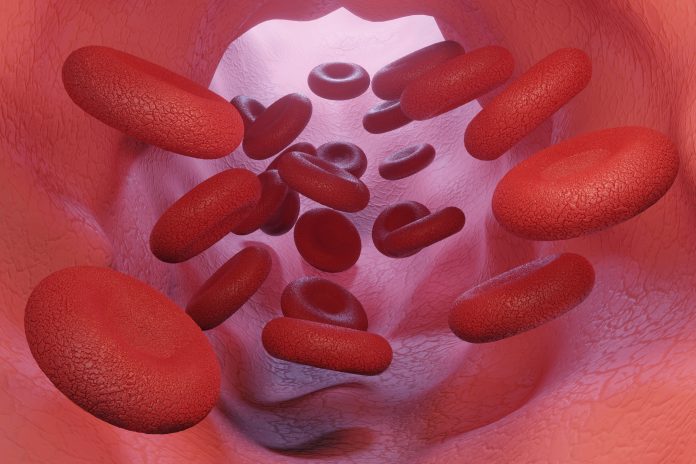A patient with vaccine-inducted thrombotic thrombocytopenia was successfully treated with a heparin alternative, after receiving the Johnson & Johnson vaccine
The Johnson & Johnson COVID vaccine has a 0.002125% chance of causing a blood clot, making the incident exceedingly rare. But this can happen, meaning that doctors and patients need to be aware of what to look out for.
Blood clots can lead to deep vein thrombosis (DVT), which is when a blood clot forms deep in the body and can lead to serious internal damage or death if left untreated. This is a common side effect of birth control pills, often buried in the small-print of a leaflet.
The US Food and Drug Administration ask that: “People who have received the J&J vaccine who develop severe headache, abdominal pain, leg pain, or shortness of breath within three weeks after vaccination should contact their health care provider.”
For more information about Johnson & Johnson facts versus myths, look here.
The vaccine-related side effects are happening in women between 18-48 years old, with symptoms coming six to 13 days after their vaccination. Those with low levels of platelets are more likely to be at risk – similar to the blood clot risks present in the AstraZeneca COVID vaccine.
The patient treated with a heparin alternative, Bivalirudin
An otherwise healthy female patient in her 40s came to the emergency department at UCHealth University of Colorado Hospital, twelve days after receiving the Johnson & Johnson vaccine.
Her symptoms were an ongoing headache, dizziness, and vision changes. The patient was treated on April 13, 2021. The Centers for Disease Control and Prevention (CDC) guidance recommended treatment with heparin alternatives but did not recommended any specific alternative.
Bivalirudin was given to the patient.
The authors explaiend that “this patient’s early outcomes suggest that bivalirudin may be a safe alternative to heparin in patients demonstrating a presentation consistent with VITT.”‘
‘Clot reactions are very rare, but they can be treated’
“Our experience shows us that these clot reactions are very rare, but they can be treated,” said R. Todd Clark, MD, MBA, lead co-author and assistant professor of emergency medicine at the University of Colorado School of Medicine.
“Americans can feel comfortable getting vaccinated and should discuss any vaccination concerns with their doctor. Getting vaccinated is a critical step in combatting this pandemic so we can return to our normal lives.”











